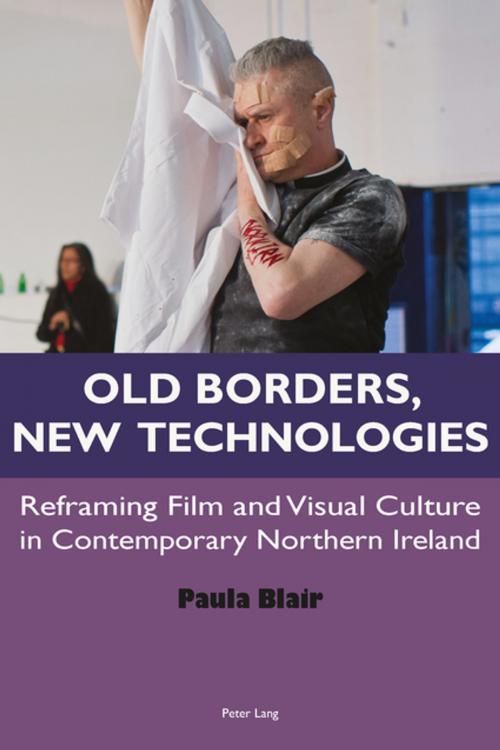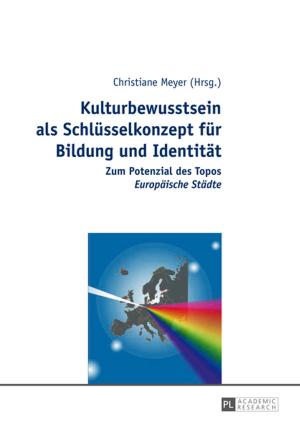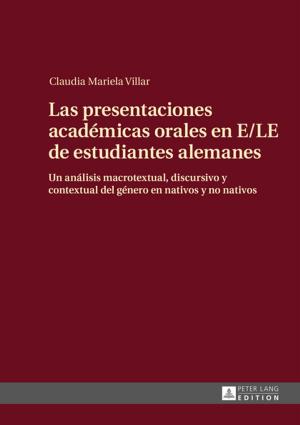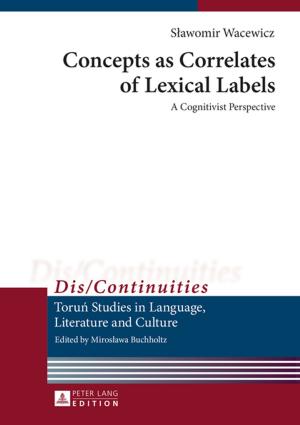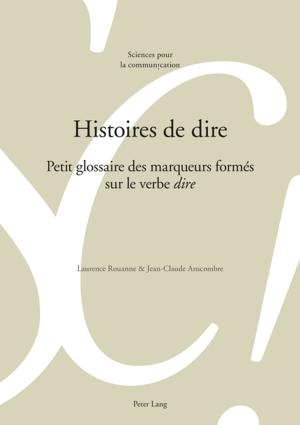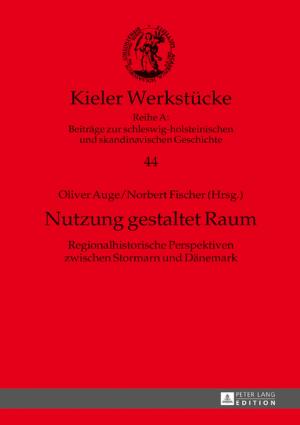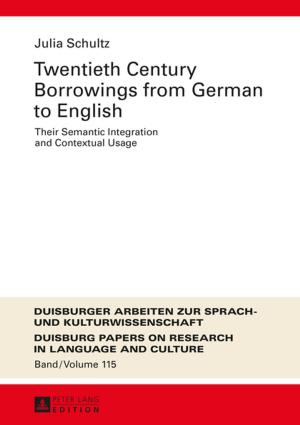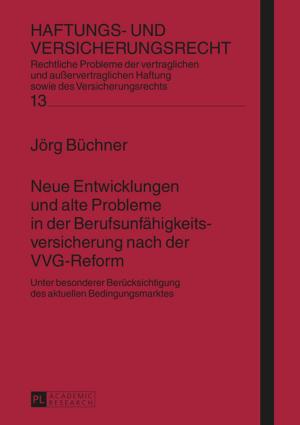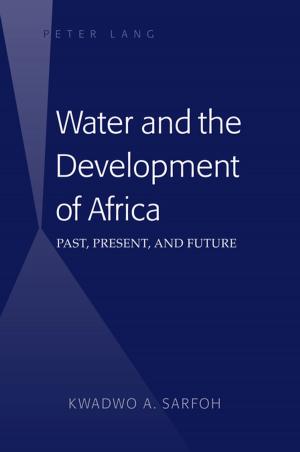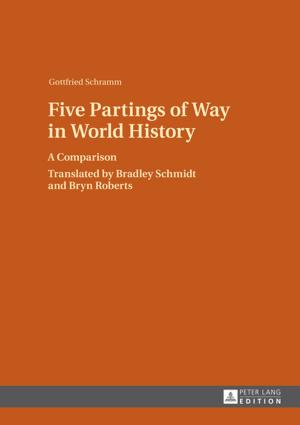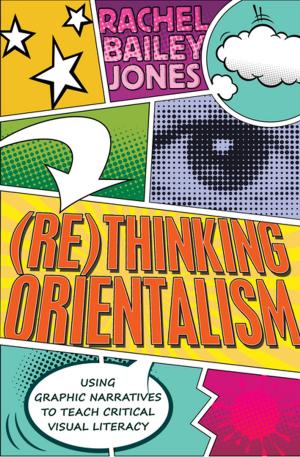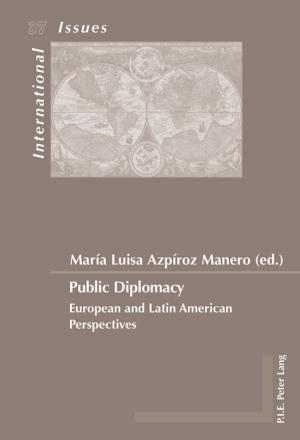Old Borders, New Technologies
Reframing Film and Visual Culture in Contemporary Northern Ireland
Nonfiction, Art & Architecture, General Art, Art History, Entertainment, Performing Arts, Film| Author: | Paula Blair | ISBN: | 9783035395273 |
| Publisher: | Peter Lang | Publication: | April 1, 2014 |
| Imprint: | Peter Lang AG, Internationaler Verlag der Wissenschaften | Language: | English |
| Author: | Paula Blair |
| ISBN: | 9783035395273 |
| Publisher: | Peter Lang |
| Publication: | April 1, 2014 |
| Imprint: | Peter Lang AG, Internationaler Verlag der Wissenschaften |
| Language: | English |
Northern Ireland is now generally regarded to be a post-conflict region since the official end to three decades of violence in 1998. However, given some of the stipulations of the Good Friday Belfast Agreement, including the early release of politically motivated prisoners from jail, society in Northern Ireland remains in a state of flux, uncertainty and disagreement.
This book presents four thematic studies revolving around the issues of imprisonment, surveillance, traumatic recall and myth-making in Northern Ireland. These studies examine the different ways in which artists and filmmakers are experimenting with film aesthetics and new media technologies to represent, re-present and invite engagement with the underlying anxieties that continue to trouble post-Agreement society. In doing so, the author argues for a reassessment of the critical analysis of film’s convergence with other forms of visual art. Ultimately, the volume assesses the usefulness of such an approach in examining how artists and filmmakers experiment with diverse forms that open up space for discussion of the hidden and marginalized concerns in Northern Ireland’s new, ‘shared’ society.
This book was the winner of the 2012 Peter Lang Young Scholars Competition in Film Studies.
Northern Ireland is now generally regarded to be a post-conflict region since the official end to three decades of violence in 1998. However, given some of the stipulations of the Good Friday Belfast Agreement, including the early release of politically motivated prisoners from jail, society in Northern Ireland remains in a state of flux, uncertainty and disagreement.
This book presents four thematic studies revolving around the issues of imprisonment, surveillance, traumatic recall and myth-making in Northern Ireland. These studies examine the different ways in which artists and filmmakers are experimenting with film aesthetics and new media technologies to represent, re-present and invite engagement with the underlying anxieties that continue to trouble post-Agreement society. In doing so, the author argues for a reassessment of the critical analysis of film’s convergence with other forms of visual art. Ultimately, the volume assesses the usefulness of such an approach in examining how artists and filmmakers experiment with diverse forms that open up space for discussion of the hidden and marginalized concerns in Northern Ireland’s new, ‘shared’ society.
This book was the winner of the 2012 Peter Lang Young Scholars Competition in Film Studies.
